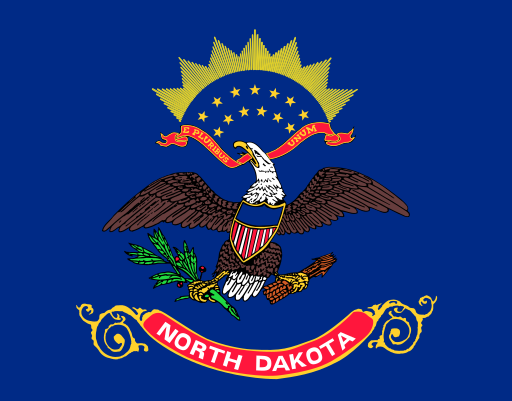In North Dakota, a campaign, End Unfair Property Tax, submitted signatures on June 28, 2024, for a ballot initiative to prohibit property taxes, except those used to pay for bond debt. Former State Rep. Rick Becker (R-7) is chairman of the campaign. End Unfair Property Tax submitted about 41,000 signatures. To qualify for the ballot, 31,164 signatures must be valid.
The secretary of state's office must count and validate the signatures by Aug. 2.
The measure would also limit the debt of a political subdivision (such as counties, cities, and towns) to 2.5% of the value of real property in the subdivision. Incorporated cities would be able to raise the debt limit to 4% through a two-thirds supermajority vote and school districts would be able to raise the debt limit to 5% through a simple majority vote. Cities would be able to become indebted by an additional 2% for water and sewer projects. A political subdivision would not be able to issue general obligation bonds to be paid back through property taxes after January 1, 2025.
End Unfair Property Tax said, "[Local subdivisions] will keep 100% control of their budget" and will be "able to set the budget, determine how much it may need to be increased, and to prioritize spending as seen fit. The measure will replace all of the property tax levied in 2024. ... Wonderfully, no one will ever again be kicked out of their home due to increasing property taxes. Local subdivisions will retain 100% of the ability to control their budget, as well as the ability to increase their budget, while giving the citizens more accessible involvement."
Keep it Local ND is opposing the ballot initiative. The organization stated, "If it sounds too good to be true, it probably is; this measure would be detrimental to our economy, our citizens, and our state as a whole. There is no well vetted plan to make up the estimated $1.329 billion per year to cover property taxes to fund essential services. Let’s fight to keep control local; the state legislature has no business deciding what our cities and our counties need."
If the measure is certified for the ballot, it will join three other constitutional changes that were referred to the ballot by the state legislature. Those measures would do the following:
Measure 1: Update language used in the state constitution to describe certain state institutions such as changing "insane" to "individuals with mental illness", "feebleminded" to "individuals with developmental disabilities", and "deaf and dumb" to "deaf and hard of hearing";
Measure 2: Establish a single-subject rule for initiatives; increase the signature requirement for constitutional initiatives; and require constitutional initiatives to be approved at two elections; and
Measure 3: Change the requirements for transfers from the state legacy fund, which receives 30% of tax revenue from oil and gas production.
Two other initiatives that are currently gathering signatures face signature deadlines of July 8 to be included on the Nov. ballot. One of the initiatives would legalize recreational marijuana while the other initiative would make changes to elections and initiative processes, including prohibiting early voting, voting by mail, ranked-choice voting; requiring initiative signature gatherers to be residents of North Dakota; increasing referendum signature gathering time period from 90 days to 180 days; requiring a two-thirds supermajority vote for the state legislature to refer constitutional amendments; and reducing petition signature requirements to recall elected officials.



